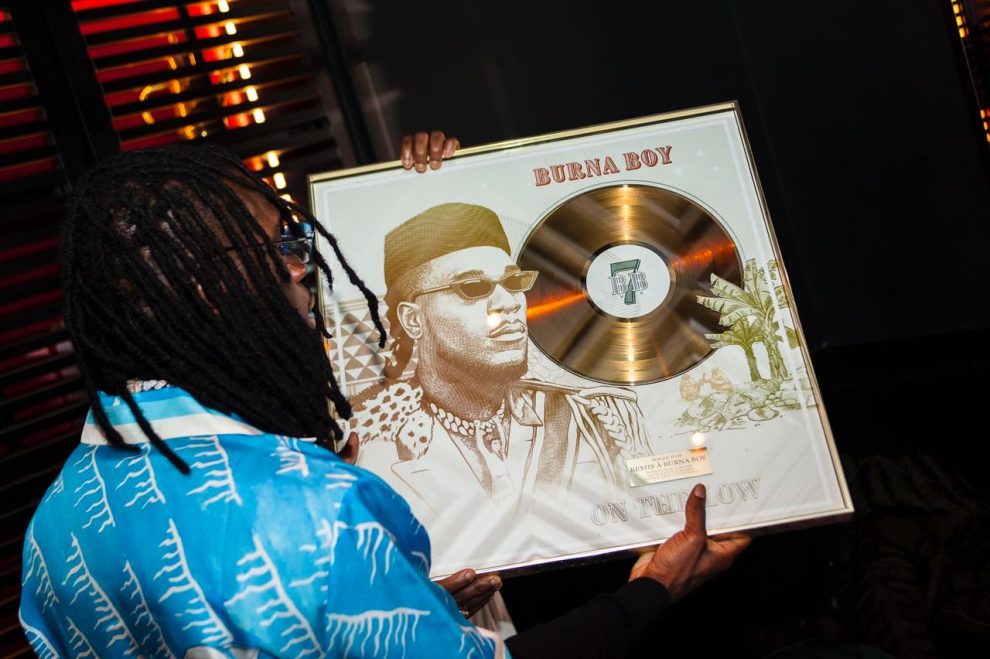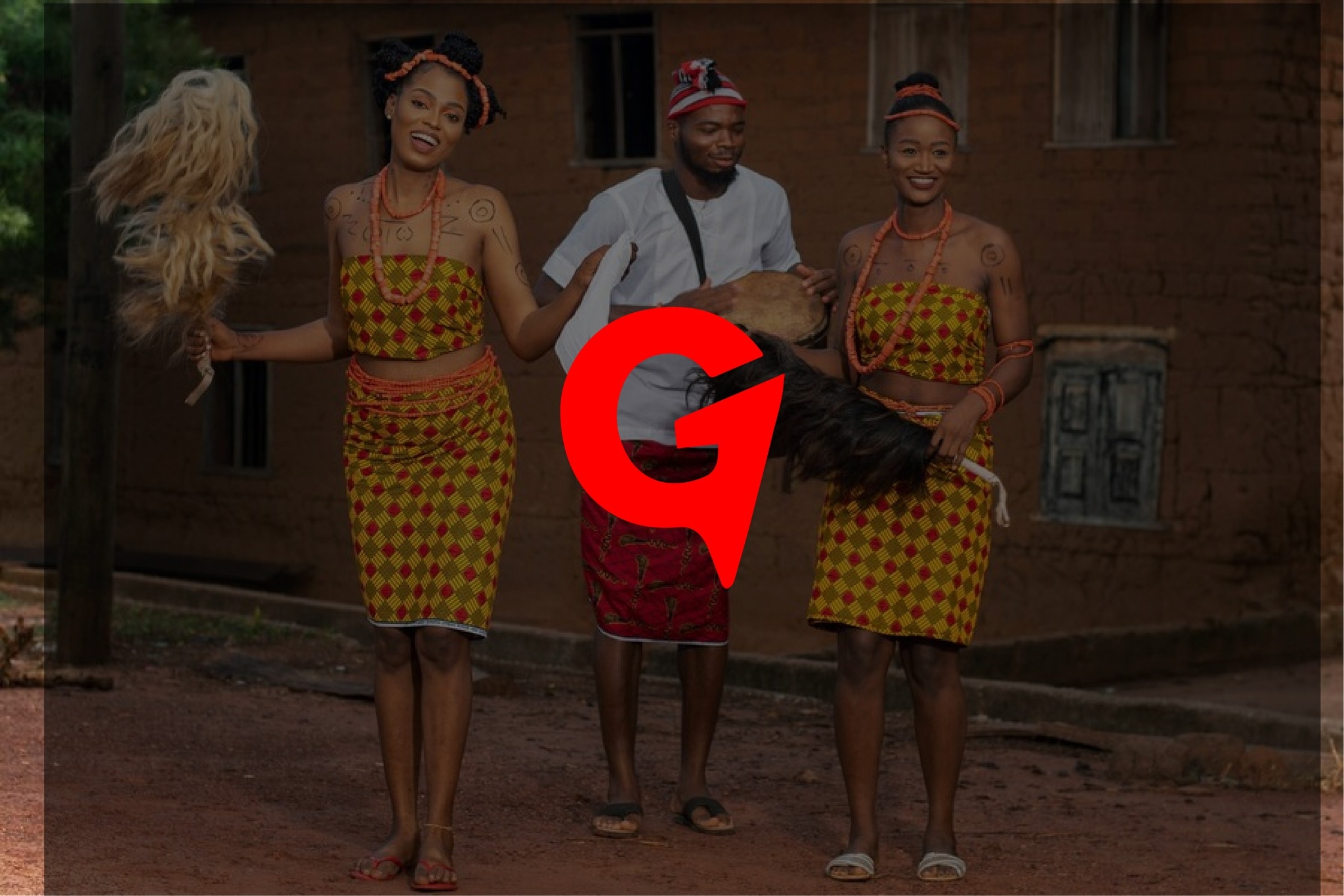Author: Kwanele Savuka
American hip-hop music, a genre born in the streets of 1970s New York, has long been influenced by African sounds. From its inception, hip-hop has relied on the rhythmic patterns, instrumentation, and cultural expression of African music to shape its identity. This article explores the significant role African sounds play in the survival and evolution of American hip-hop.
African Roots
Hip-hop’s foundation is built on African-American cultural expression, which has its roots in African traditions. The genre’s pioneers, such as DJ Kool Herc and Grandmaster Flash, drew inspiration from African-American music like funk, soul, and jazz, which were already infused with African rhythms and instrumentation.
Sampling African Beats
Hip-hop producers have long sampled African music, incorporating its percussive elements, melodies, and harmonies into their beats. African genres like Afrobeat, Highlife, and Juju have been particularly influential, with artists like Fela Kuti and King Sunny Adé being frequently sampled.
African-Inspired Instrumentation
Hip-hop’s use of African-inspired instrumentation, such as the djembe and kora, has added depth and texture to its sound. Artists like Kendrick Lamar and Kanye West have incorporated these instruments into their music, acknowledging the rich cultural heritage of African music.
Cultural Exchange
The relationship between hip-hop and African music is not one-sided. African artists have also been influenced by hip-hop, incorporating its production techniques and lyrical themes into their own music. This cultural exchange has enriched both genres, creating a vibrant and dynamic musical landscape.
Conclusion
American hip-hop’s reliance on African sounds is a testament to the genre’s roots and its ongoing evolution. As hip-hop continues to grow and adapt, its connection to African music remains vital, ensuring the genre’s survival and relevance. By embracing African rhythms and cultural expression, hip-hop artists acknowledge the rich musical heritage that has shaped their sound.
The recent introduction of musicians such as Burna Boy(Nigerian), Asake(Nigerian)and the extraordinary South African songstress Tyla, whose Amapiano and Afrobeat-infused sound made her the first African female artist in history to surpass 1 Billion solo streams on Spotify, signals the call for African creatives to boldly and confidently claim the international stage, thus dispelling the longstanding misconception that African sounds are of low quality and lack appeal.











Add Comment